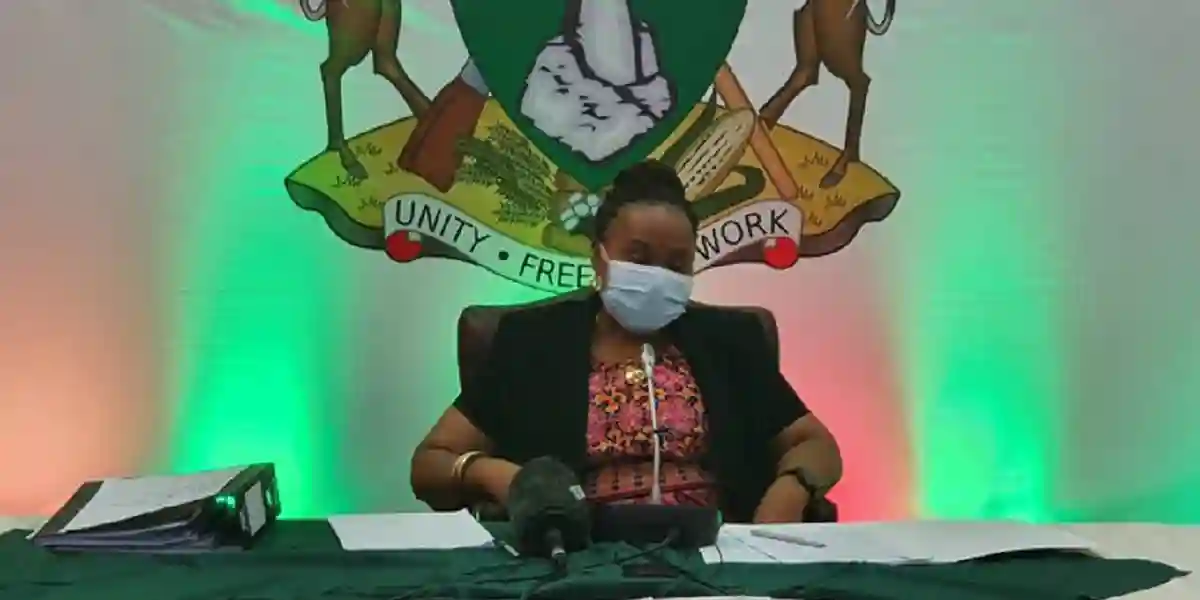Statement by Information, Publicity and Broadcasting Services Minister Monica Mutsvangwa on World Press Freedom Day.
Zimbabwe joins the rest of the world today in celebrating World Press Freedom Day. The day is being celebrated under the theme “Information as a public good.”
The theme, as outlined by the UNESCO Director-General, Audrey Azoulay, “underlines the indisputable importance of verified and reliable information. It calls attention to the essential role of free and professional journalists in producing and disseminating this information, by tackling misinformation and other harmful content.”
I am proud to inform you that under the Second Republic, Zimbabwe has made significant strides in ensuring a safe, free and competitive operating environment for all media and ensuring that indeed, information is treated as a public good.
Highlights of the Government’s efforts towards ensuring press freedom include the passage of several Bills into laws and the opening up of airwaves for both television and radio broadcasts.
In July 2020, the Access to Information and Protection of Privacy Act (AIPPA) was repealed and effectively replaced with the Freedom of Information Act.
The Freedom of Information Act heralded a new chapter in the country’s media landscape in as far as transparency and access to information is concerned.
In April this year, the Zimbabwe Media Commission Act came into effect. This Act seeks to make further provision with regard to the functions of the Zimbabwe Media Commission (ZMC), to provide for the manner in which the Commission exercises its functions.
It also provides for the investigation and hearing procedure by the Commission of complaints received and to provide for the Secretariat of the Commission among others.
The ZMC Act has been hailed by stakeholders such as MISA for being progressive and providing a wide definition of media which includes the dissemination of information through the internet and any other electronic means.
In the area of further opening up of the airwaves, 6 private television stations were granted licenses by the Broadcasting Authority of Zimbabwe in November 2020. In addition, 6 language-based community radio stations were also granted licenses.
It is expected that these new players will bring in diversity and plurality in the media sector as well as create employment.
These developments are an expression of Government’s tolerance for different voices and views from media practitioners.
The above examples show Government of Zimbabwe’s full commitment to the principles of press freedom obtained in Article 19 of the Universal Declaration of Human Rights in the African Commission on Human and People’s Rights which we are reinforcing through our own country’s supreme law, the Constitution.
Media practitioners in all their diversity are an important cog in nation-building. It is, therefore, important that their ability to carry out this task is not tampered with.
They must be given the space so that they can speak truths and the safety of their working environment is very crucial.
The Second Republic continues to ensure media practitioners operate without harassment or ill-treatment and that they have full access to information they require.
I urge media house owners to ensure that media practitioners’ welfare is improved through the provision of decent working conditions and life rewarding salaries. Provision of adequate PPE is also crucial as they work during the Covid19 pandemic.
Government designated media practitioners as essential service workers to enable them to carry out their duties unhindered during the Lockdown.
Journalists were also prioritised together with frontline health workers in the national Covid19 vaccination programme.
It is my hope that all journalists have by now taken advantage of the special designation as essential service workers to get their Covid19 vaccine.
On their part, media practitioners have to improve on the standards of the profession. They should report in a truthful, informative and analytical way and avoid the temptation of tabloid sensationalism.
Government has adopted stringent policies against the spread of fake news and it is our belief that the measures put in place provide good grounds for credible journalism to thrive.
This year, the day is once again celebrated amidst a devastating global Covid 19 pandemic.
I take this opportunity to thank members of the media fraternity for their dedication to duty in these trying times and contribution to the Covid 19 fight through information dissemination.
As we all celebrate World Press Freedom today, I call on all media practitioners to remain resolute in the fight against Covid 19. The media plays a critical role in the fight against the pandemic.
Citizens depend on the media services for information that empowers them to adequately respond and implement the necessary measures to contain the spread of Covid-19.
Let us not fail in our duty to serve the public to the best of our ability. The milestones by the Second Republic are meant to deliver information as a public good.
We know that, as a public good with the potential for universal reach, information allows us to know our rights and prerogatives, as well as contribute to our communities’ general interest.
Under our watch, the media will act as a service for sustainable development.
Happy World Press Freedom Day!

